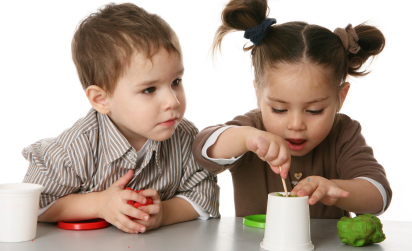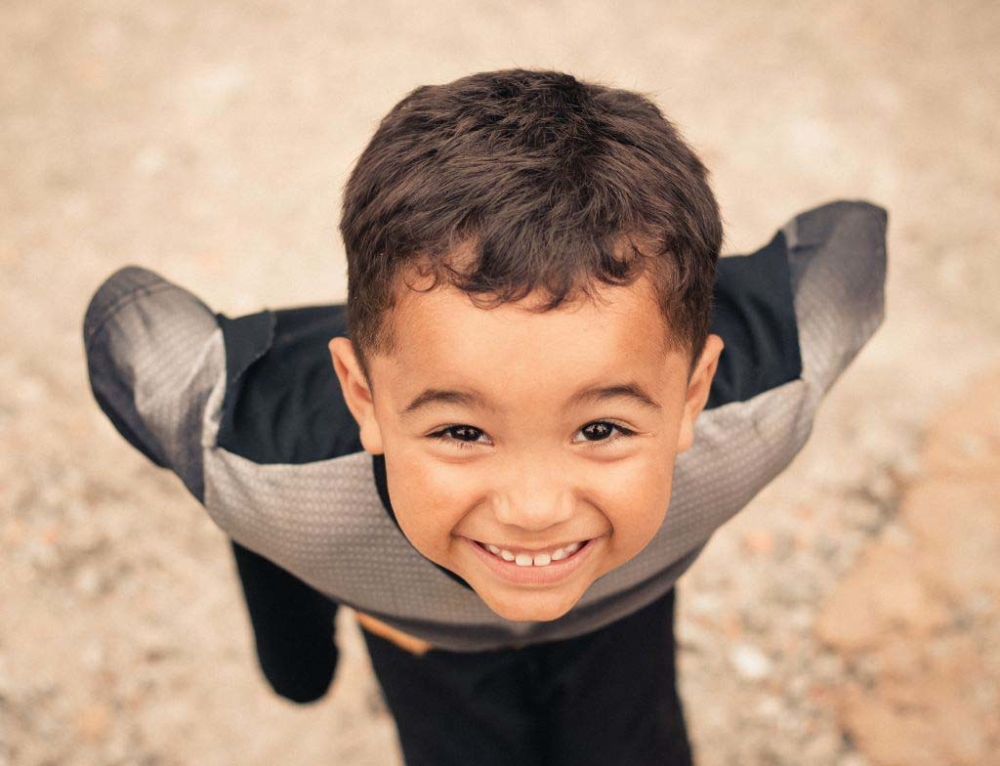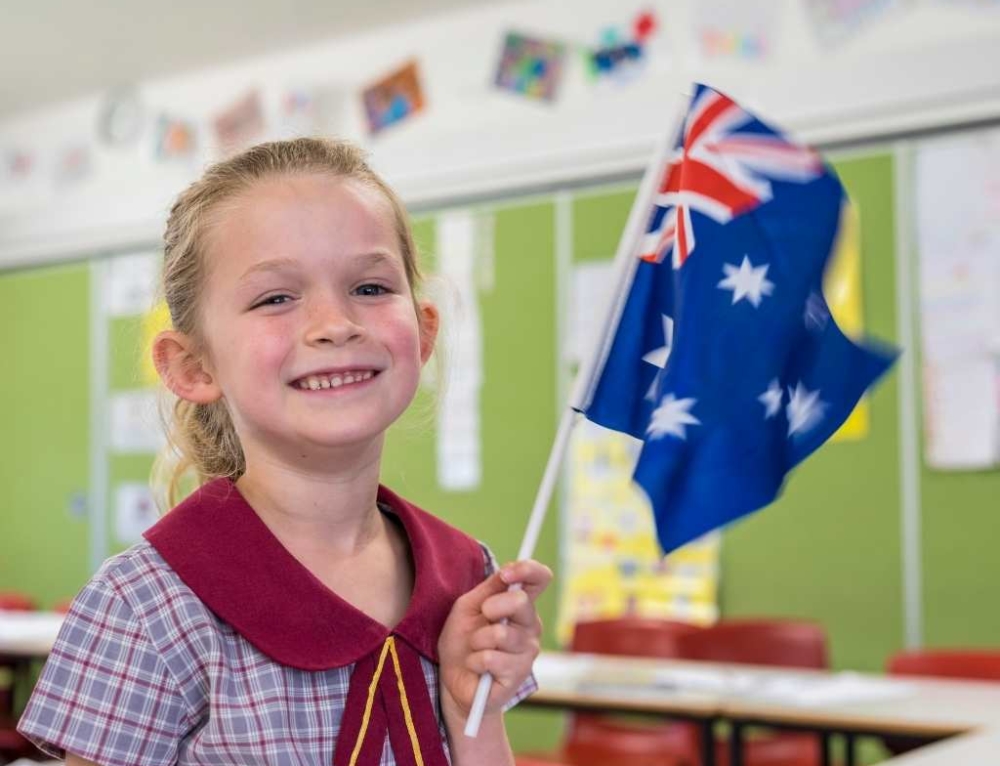The playground can be one of the most overwhelming experiences for children who are on the autism spectrum. Not only is it an unstructured environment, but it can also be crowded and unpredictable. Children on the spectrum don’t naturally acquire the skills to be able to interact with others and these need to be taught through specific interventions. There are many activities that parents can do with their children to help the transition into the playground and there are also activities that are uniquely suited to the classroom that can be initiated by the teacher.
Activities for parents to consider
Relational activities
These types of activities use rewarding teaching methods and focus on people’s faces. Simple activities that utilise cause and effect work really well. A great example is Peek-a-boo because it prompts children to look at the other person and it cements object permanence. Other relational activities to try include:
- Modelling
- Face games
- Reading
- Musical instruments
- Board games
Sensory activities
Sensory activities allow children to work through their sensitivity issues in a fun way. Ideas that you can use include:
- Outdoor play sets/playgrounds
- Textured cloths and blocks
- Sensory bins
- Chase, tag and running games
Activities in the classroom
Once your child is familiar with what the expectations are of them in school academically, it is a great time to talk to their teacher about focusing on their social skills as well. These skills may include eye contact, body distance, empathy, giving and receiving compliments, interpreting facial expressions, approaching and leaving friends, appropriate conversation topics, table manners, community rules, grooming, respecting authority and developing self-calming techniques.
Classroom workstations
This can be a great way of engaging children in a co-operative and safe environment. A workstation can be set up to work on social skills activities with a small group of children.
Social stories
Social stories are a great way for children with autism to gain an understanding of specific social interactions and can help children with their comprehension skills. The situation can be described in advance and children can be asked to predict how characters should respond.
Appropriate behaviours
While this is challenging for children with autism, teaching children how to focus on appropriate behaviour will help them build friendships with their peers as well. When calm, a child can be asked to list the situations which are upsetting. The child can then be asked about what their most favourite activities are and be encouraged to use them in difficult situations.
Ongoing consultation
To get the most out of at home activities and classroom initiatives keeping up to date with the teacher and your child’s in-school progress is vital. Regular catch ups will ensure that you are both working towards the same goals.
Written by Zoey Martin for Kidspot, New Zealand’s largest online education resource. Sources include: Suite 101 and Love to Know. Zoey is a mum who blogs at Good Goog or follow her on Twitter.







Leave A Comment
You must be logged in to post a comment.